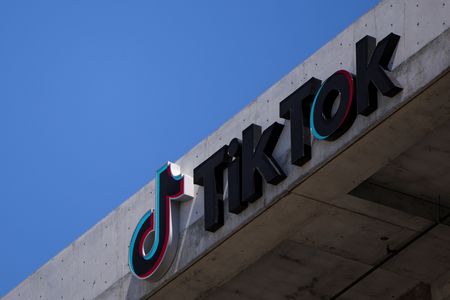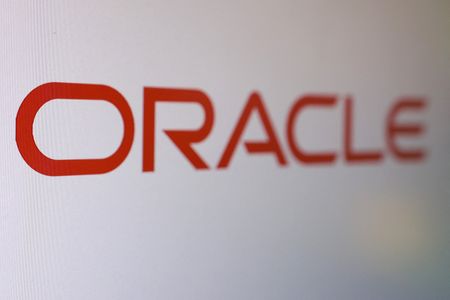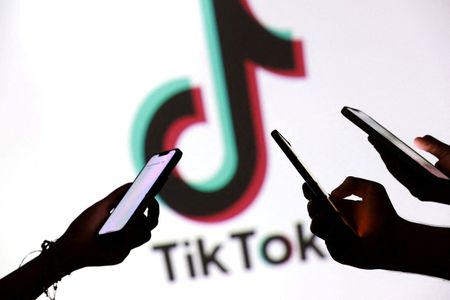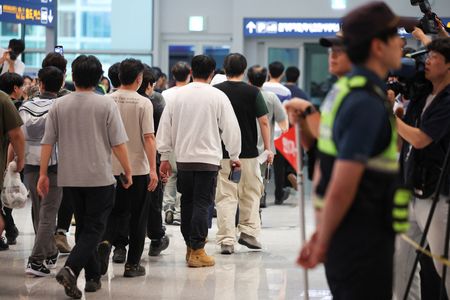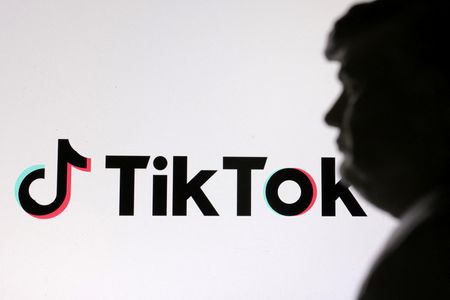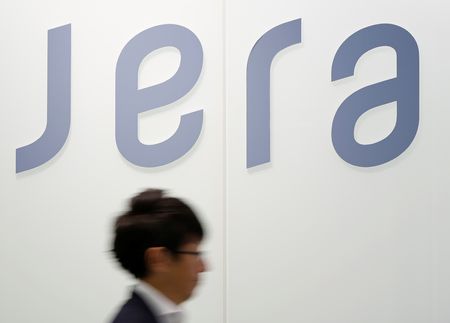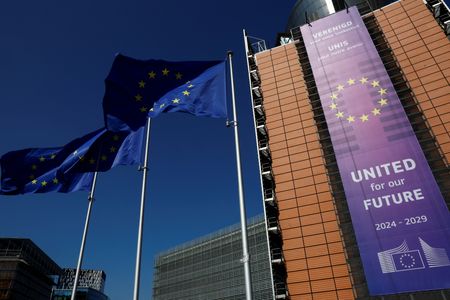By Kane Wu, Julie Zhu and Karen Freifeld
(Reuters) -President Donald Trump’s agreement with China that would keep TikTok operating in the United States, transferring its U.S. assets to U.S. owners from China’s ByteDance, is similar to a deal worked out earlier this year, three sources familiar with the new terms said.
“We have a deal on TikTok … We have a group of very big companies that want to buy it,” Trump said on Tuesday, without providing further details.
A deal for TikTok had been in the works in the spring, but was put on hold after China indicated it would not approve it following Trump’s announcements of steep tariffs on Chinese goods.
The deal in April would have spun off TikTok’s U.S. operations into a new company based in the U.S. and majority-owned and operated by U.S. investors.
The White House, ByteDance and TikTok did not immediately respond to a request for comment. A statement from the Chinese embassy in Washington noted the basic framework agreement between the two countries but did not address the earlier deal.
The terms earlier this year had been approved by existing investors, new investors, ByteDance and the U.S. government, a source said at that time.
The basics of the new deal, also similar to April, include that ByteDance will keep the single largest ownership stake at 19.9%, just under the law’s 20% threshold, two of the sources said.
While the broad terms are expected to remain, the sources did say they do not know what the exact details of any final deal will look like given the potential for last-minute changes.
TikTok U.S. would also likely be able still to access ByteDance’s algorithm under the new deal, two of the sources said, as China has said this week it would review that kind of technology export and the licensing of intellectual property rights in accordance with the law.
Inside TikTok, the company’s project to launch a standalone U.S. app is on track, with the technical work of separating the U.S. model and user data nearly complete, a person familiar with the matter said. Any launch plan will depend on a finalized agreement between the United States and China, the person added.
(Reporting by Kane Wu and Julie Zhu in Hong Kong, and Karen Freifeld in New York and Krystal Hu in San Francisco; Editing by Sumeet Chatterjee, Chris Sanders and Daniel Wallis)

